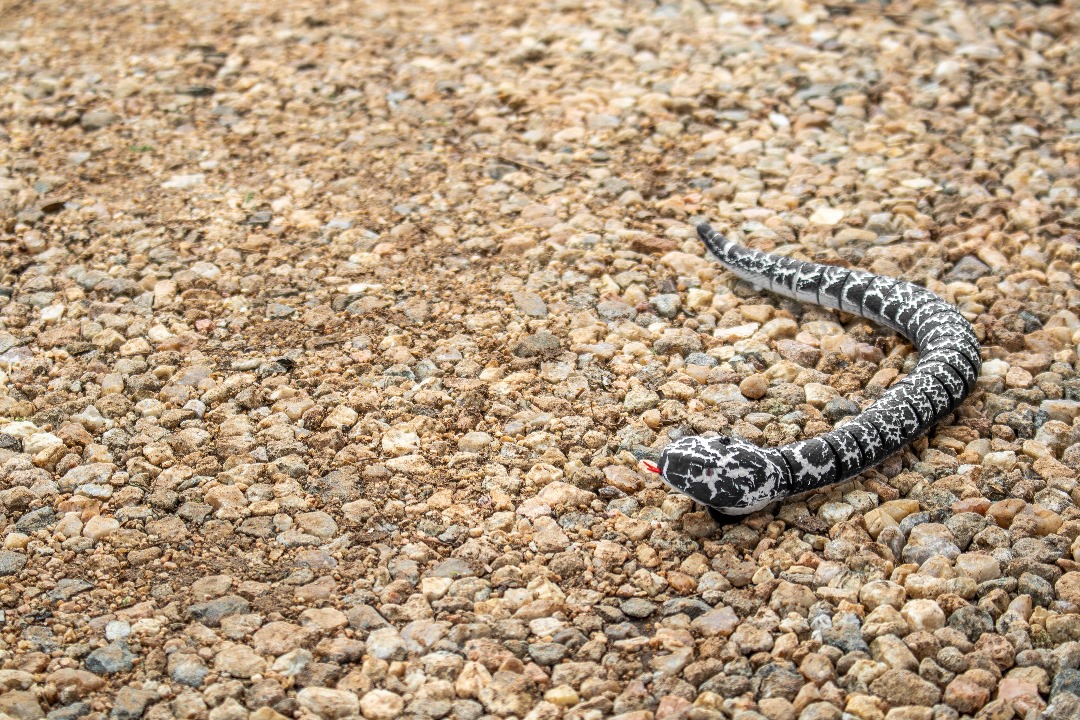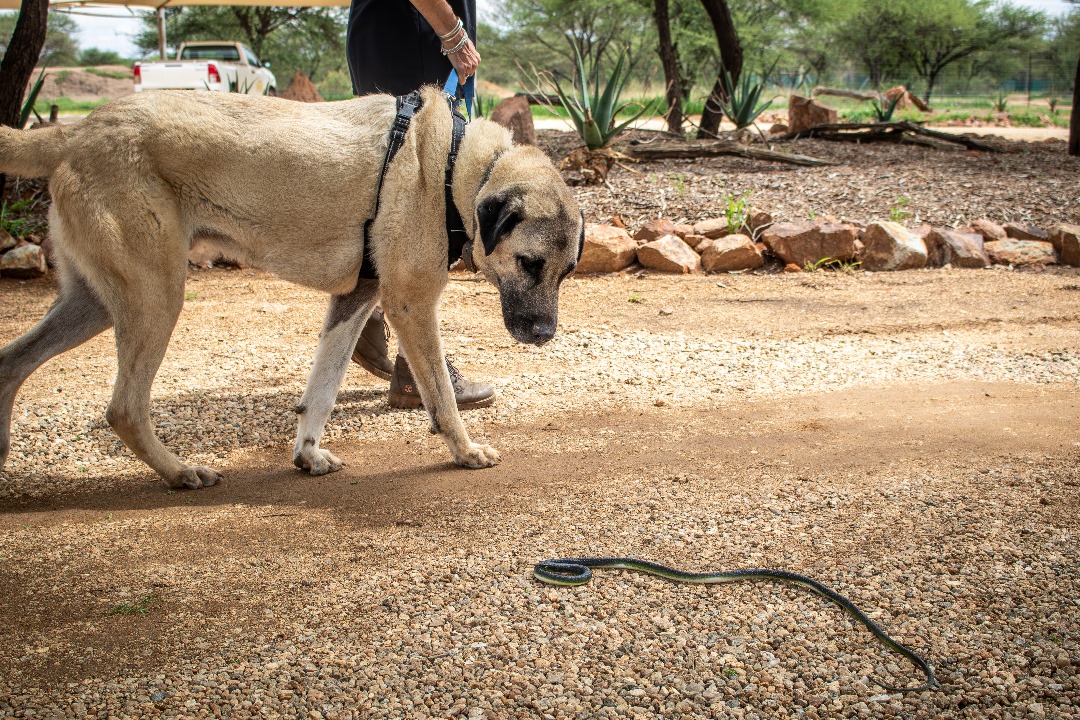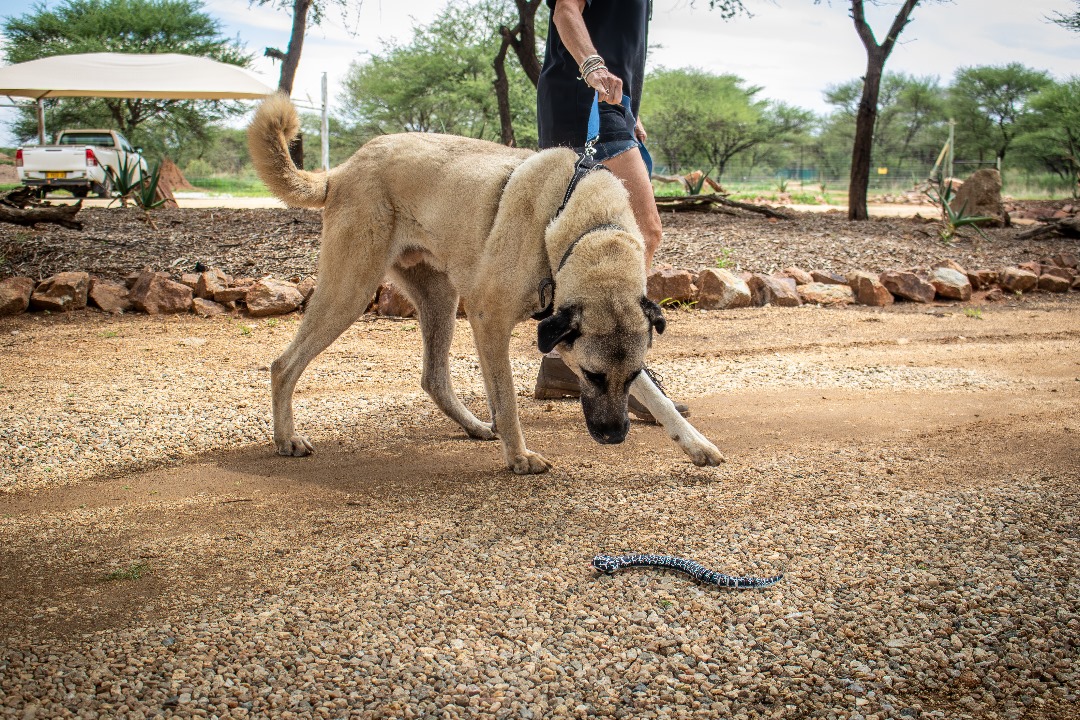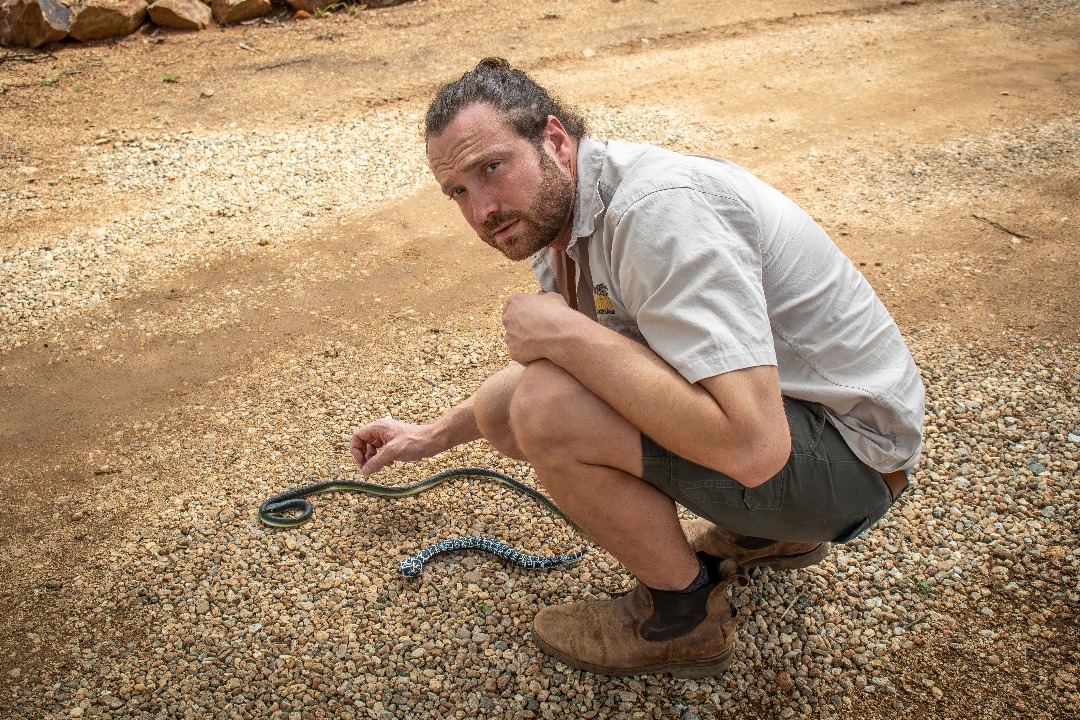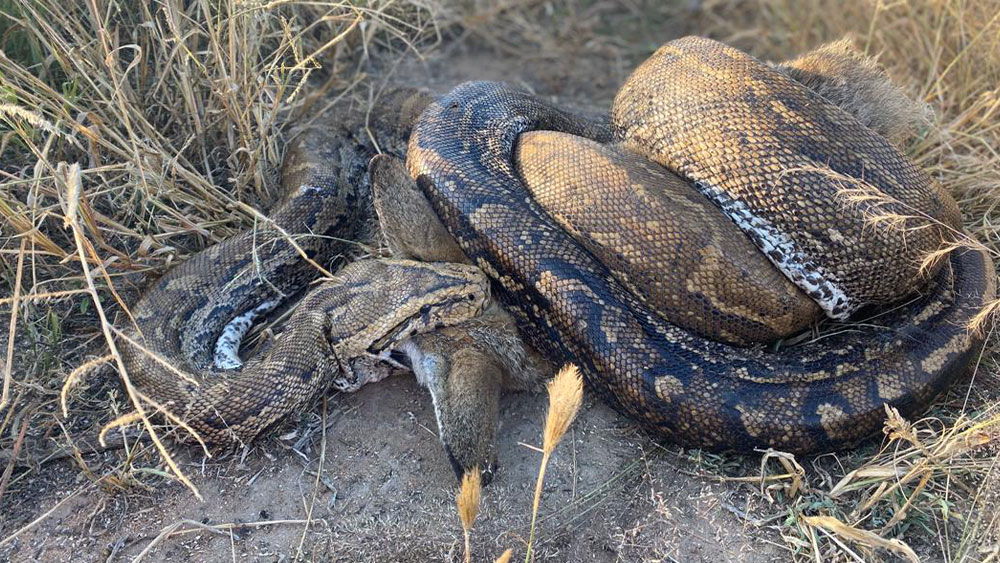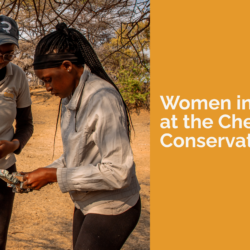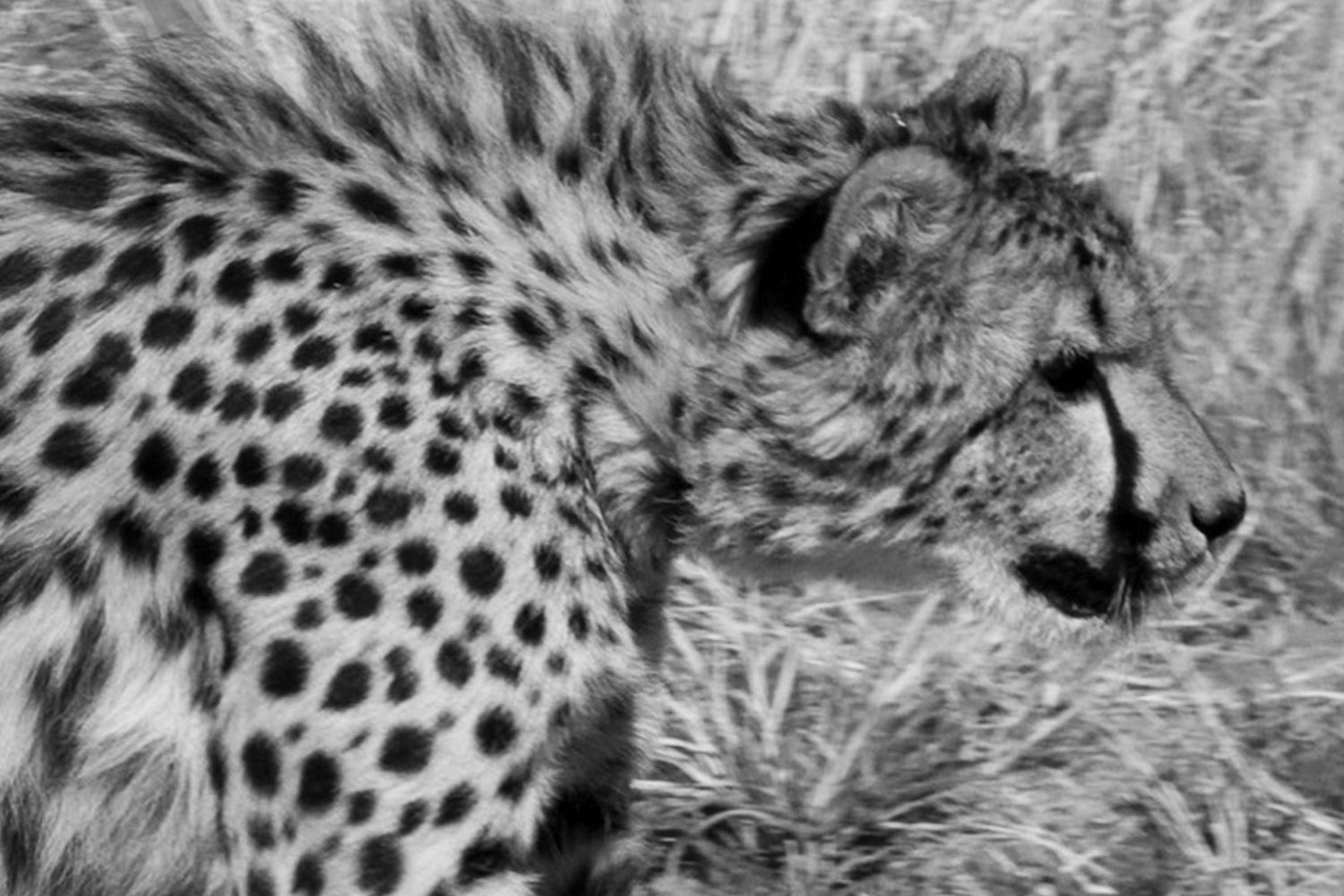Working Animals Day: Snake Aversion Training for Livestock Dogs
-

- by CCF Staff 15 June 2024
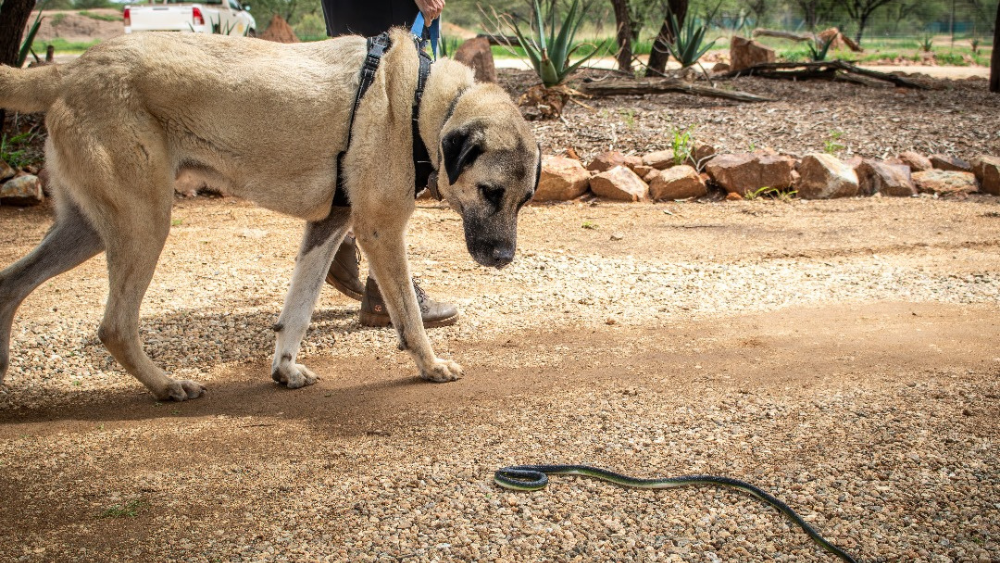
Today, we celebrate International Working Animals Day, an important date made to raise awareness about the vital role of working animals in people’s everyday lives. At CCF, our amazing Livestock Guarding Dogs are vital to protect the cheetahs and help farmers in their daily activities.
With this in mind and to celebrate this date, we are excited to announce the launch of our inaugural Snake Aversion Training programme for our Livestock Guarding Dogs here at Cheetah Conservation Fund.
Understanding the threat: Snakes and livestock guarding dogs
Did you know that snakes pose a significant threat to our livestock guarding dogs? Through this training initiative, we are taking proactive steps to ensure the safety and well-being of our canine guardians while minimising conflicts with wildlife.
What is Snake Aversion Training?
Snake aversion training involves exposing dogs to the sight and smell of snakes in a controlled environment. By familiarising our dogs with these cues, we are teaching them to recognise and avoid potential encounters with snakes in the wild.
The importance of Snake Aversion Training
For our Livestock Guarding Dogs, encountering a venomous snake can be life-threatening. By equipping them with the skills to identify and steer clear of snakes, we are reducing the risk of snakebite incidents and ensuring the long-term effectiveness of our conservation efforts.
Identifying venomous species in Namibia
Venomous species found in Namibia include the Puff Adder (Bitis arietans), Boomslang (Dispholidus typus), Cape Cobra (Naja nivea), and others. Understanding the habits and habitats of these snakes is crucial for effective snake aversion training.
Understanding dormancy in snakes
Snakes in Namibia, like many reptiles, undergo periods of dormancy known as “brumation.” This behaviour helps them conserve energy during colder or drier periods. However, even during dormancy, snakes can still pose a threat if provoked.
Despite their venomous nature, snakes play a vital role in Namibia’s ecosystem by controlling populations of small mammals like rodents. CCF aims to educate communities about the importance of predators in maintaining ecological balance.
Related Reading
-
10 February 2026
Women Shaping the Future of Science at the Cheetah Conservation Fund
